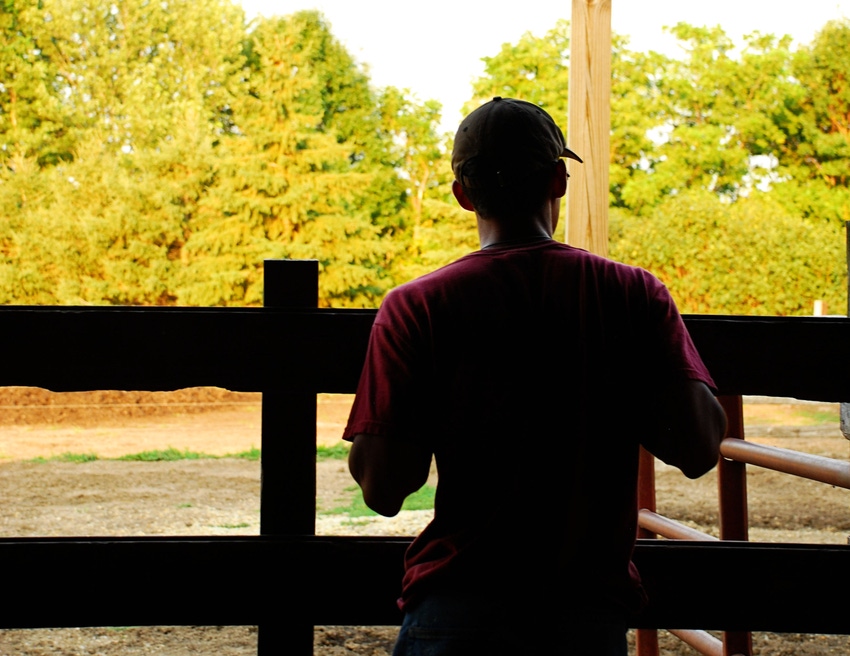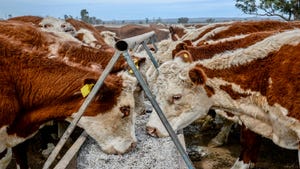Beef Industry Wrestles With Issue Of Attracting New Blood
Long term, who’s going to be around to sustain the nation’s cattle industry?

Take a look around the café at the sale barn and here’s what you’ll notice; most of the patrons have hit the metallic age—silver in their hair, gold in their teeth and lead everywhere else.
“As I’ve talked about herd rebuilding, people ask me who’s going to do it?” says Derrell Peel, Oklahoma State University Extension livestock marketing economist. “My economist answer has always been that if the market provides enough incentive, somebody will do it. And I believe that’s true. But that begs some very important questions about how you deal with some very important issues.”
Chief among those issues is the fact that the cattle industry is a different business today than a generation or two ago, he says. “There obviously have been lots of changes in the financial requirements for younger producers,” he says. What’s more, the average age of beef cattle producers is among the oldest of all ag producers and they’re all getting older.
In short, young producers, especially those looking to break into the business without the benefit of an estate plan or a marriage license, have some significant hurdles to overcome—hurdles that often are too high to climb.
Peel talks to a lot of ranchers, not just in Oklahoma but across the country. “When those guys talk to me about the fact that there are no young producers out there, my retort back is ‘You guys have all the equity. You’re going to have to be part of the solution, not just complain about the problem.’”
Want more ranch management tips? Subscribe now to BEEF Daily for the latest commentary and industry news.
A generation or two ago, a young person could go to the bank and borrow what he needed to get set up in the cattle business. “That’s not going to work today,” Peel says. “So we have a number of challenges about being a bit more creative in financing.”
That will require a willingness to tackle problems from new and different perspectives, and a willingness to think about problems in new and different ways, he says. “There are alternatives out there for alternative financing arrangements that we haven’t done. It hasn’t been our culture, in many cases. But I don’t think we have any choice but to get more creative and get a little more comprehensive in our approach.”
Peel spends much of his time on a college campus. He says there are plenty of young people who want to get into the business but don’t have a family farm or ranch to go home to. “They don’t know how (to get into the business) and, in many cases, they don’t know who (to join) with. But those young people are out there. We have a challenge as an industry to figure out how to do that,” he says.
You might also like:
5 Things To Keep In Mind When Working With Family
What Do Young People Need To Stay In Rural America?
70+ Photos That Showcase Multiple Generations On The Ranch
About the Author(s)
You May Also Like



